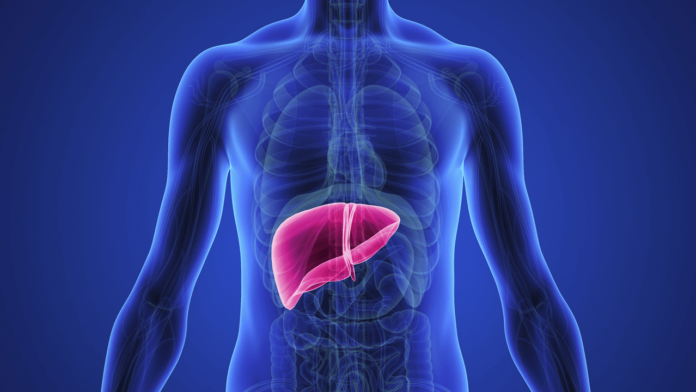It’s no secret that drinking excessive amounts of alcohol can damage the liver. But, what you might not have known is that there’s a protective response in the organ that may actually be able to help doctors treat alcoholism. The research is being carried out at Harvard Medical School and Beth Israel Deaconess Medical Center along with colleagues at the University of Pennsylvania.
Fibroblast growth factor 21, or FGF21 for short, is a protein in which scientists previously discovered helped to protect mice against and toxins in the liver. Results from the latest study conducted show that people who binge on alcohol for an hour have a massive increase of FGF21 in their blood for as long as six hours later. A similar result was seen in mice, but in those mice that had been bred to lack FGF21, the alcohol binge caused liver damage than in normal, wild mice. They also had an increased expression of genes in regards to the inflammation and scarring in the liver.
Co-senior author of the study and HMS professor of medicine in the Division of Endocrinology, Diabetes, and Metabolism at Beth Israel Deaconess, Eleftheria Maratos-Flier, said, “We showed that alcohol consumption induces FGF21 as a protective response in the liver that reduces the degree of alcohol-induced damage.” However. in those mice lacking FGF21 alcohol cleared normally and those that were bred to over express, the protein consumed less alcohol than the wild mice.
This suggests then that FGF21 has a dual role in the metabolism of alcohol. In one way, the FGF21 inhibits further drinking, but in another, it protects the liver against damage anyway.
“Our results may encourage the development of drugs that mimic FGF21 for the treatment of alcoholic liver disease, and possibly to produce alcohol aversion,” says Maratos-Flier. The next phase of the research will involve testing to see whether or not boosting the effects of FGF21 helps to limit or even reverse liver damage in mice. They’ll also test to see if it decreases a preference for alcohol in humans.
More News to Read
- Researchers Make a Breakthrough in Neutrino Behavior
- The Medical Implications Weightlessness Has on our Astronauts
- Researchers Discover Lonely Microbes Have Higher rate of Antibiotic Resistance
- Are Nanodiamonds the Answer to Safer Batteries?
- Scientist Identified a Portion of the Brain that Intensified the Desire For Cocaine

